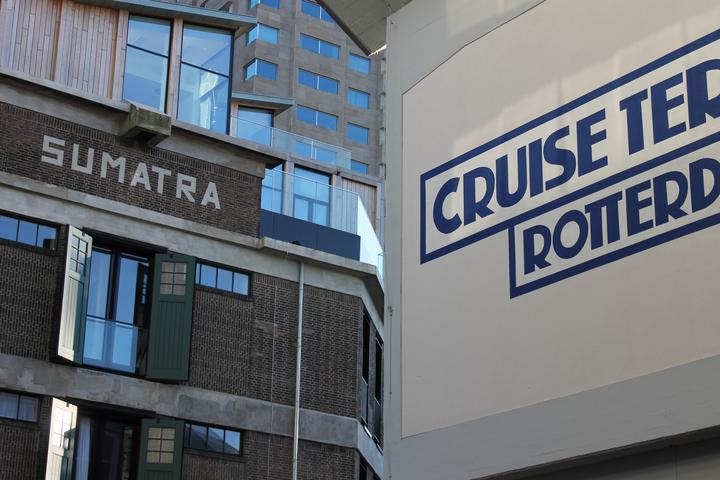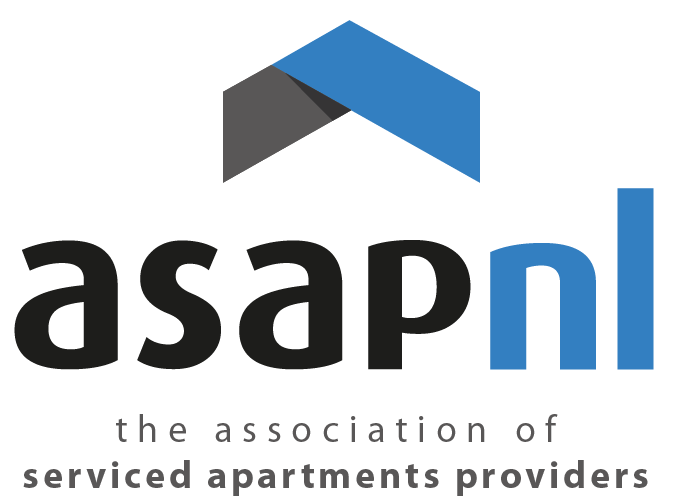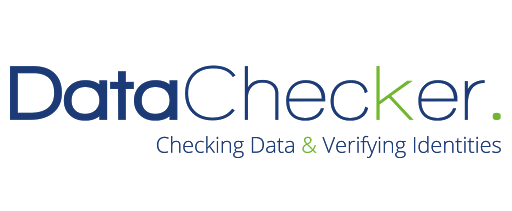F.A.Q.
This frequently asked questions are just a selection of the many points of attention that comes along when renting out your property. Is your question not listed or do you want to know more about renting out? Please do not hesitate to contact us.
F.A.Q.
Yes, you are required to have an energy label before selling or renting out your home. Since 1 January 2021, an energy advisor must come to your home to determine the label. You can find the advisor via the EP register.
- You are looking for an energy advisor in the EP register, for example via https://centraalregistertechniek.nl/epadviseur
- The energy advisor will visit you to determine the characteristics of your home. The visit lasts 1 to 2 hours, depending on how easy or difficult to find the features.
- The energy advisor registers the energy label in the EP-online database.
- You will receive a copy (PDF) of the label from the advisor.
- The label is valid for 10 years. Registered labels can be found via https://www.energielabel.nl/woningen/zoek-je-energielabel/ along with the date until which the label is valid.
The costs for an energy label vary between 100 and 200 euros, depending on the type of home, the available documentation and the time it takes for a consultant to make the energy label.
During the rental period, the rent can be increased annually by a percentage specified by Statistics Netherlands. Rental prices in the free sector can be increased by an extra percentage on top of that. Price changes usually take place annually on 1 July.
Yes, in principle every lender must give permission to rent out your home.
In principle, you do not pay direct tax on the income from the rent, unless you let more than 5 properties. You do pay tax on the value of the home (OZB) and you pay the owner's part of municipal taxes. The tenant pays the user taxes. When renting out a home, you are not entitled to a mortgage interest deduction.
You can find more information at the tax authorities.
Three types of homes are distinguished in the rental market: shell, unfurnished and furnished. A shell house is delivered without a floor, window decoration and sometimes without kitchen appliances. An unfurnished house is delivered with a floor, finished walls, possibly lighting on the ceilings and kitchen appliances. A furnished house is equipped with furniture, a fully equipped kitchen and other conveniences. We use the statement that a tenant has only to bring his clothes and personal belongings.
You decide how the house will be delivered, possibly in consultation with the tenant. However, we notice that the market for upholstered and furnished homes is larger than shell rental homes. In general, expats are more often looking for fully furnished homes, because they want to rent the home for a temporary period of years.
In The Netherlands, the home valuation system (WWS) is the base to determine a rental price. This means that a home has a maximum rental price limit based on a certain number of points. Two types of housing sectors are distinguished: social sector and private sector housing. In which sector your home falls depends on the number of points obtained. The boundary between these sectors is called the liberalization limitation. Homes valued below the liberalization limit fall under the social sector, in which your rent is fixed. Properties that are valued above this limit fall into the free sector, in which you can freely determine the rent.
In 2021, the liberalization limit has been set at € 752.33. Do you need help determining your rental price? Please contact one of our colleagues. We are happy to help you.
You can easily register with us by creating an account and making us aware of your housing wishes. You will receive properties that match your wishes immediately in your mailbox. You will find the registration page at the top right of the website or via menu> housing rental> search /sign in.
Before terminating the lease, it is advisable to check which conditions are included in your rental agreement. Termination of the lease by notice must be done by registered letter and with taking a notice period into account. The notice period is for termination by the tenant is equal to the duration of a payment period (often this is 1 calendar month), but not less than one month and not longer than three months. The termination period for the landlord is not less than three months.
Yes, certainly. We offer various management modules and are happy to help you with the management of your real estate. Detailed information can be found on the property management page via our menu.
Damage is always annoying, but it can happen to anyone. However, a difference is made between normal user damage that cannot be recovered from the tenant and intended damage that can be recovered. In principle, damage to belongings of the tenant does not have to be compensated by the landlord, unless this is a consequence of the landlord. Damage caused by the tenant to the landlord's property can be recovered from the tenant (apart from user damage and normal wear and tear). For this, (part of) the deposit can be used.
In order to avoid possible claims for damage, it may be wise for both parties to take a furniture- and / or liability insurance. It is important to have a good overview of the status at check-in of the house versus the status upon check-out prior to the rental period. Hospa Rentals accurately files your home during delivery by means of a digital report with detailed photos.
The Dutch government has published an overview that clarifies who is responsible for which maintenance. You can find this at: www.rijksoverheid.nl
There are various insurance policies that can play a role in the rental of your home. Let us first say that regardless of the insurance, an insurer must always be aware of the rental of the home. If you do not report this to the insurer, it will most likely not process your claim. This can lead to a huge financial loss for an owner.
Building insurance
In many cases, you can continue your building insurance as usual, but you must inform the insurer about the rental of your home. You often pay a small fee for this on top of the premium. In residential complexes, the home insurance often goes through the owner's association (VVE) and they can inform the insurer for you.
Liability insurance
It may sound strange, but your belongings can also damage others. Consider, for example, roof tiles that are blown off the roof during a storm or items that fall off the balcony and cause damage to other people's property. But also on a guardrail that comes loose, causing injury. For both a landlord and a tenant, having liability insurance can protect them from claims.
Contents insurance (furniture)
Are you renting out a furnished house? Then in some cases it is advisable to take out home contents insurance. Please note that on these types of policies there is often only cover for storm, fire, theft (after traces of burglary), water damage and similar damage. Damages caused by a tenant are therefore not covered. So consider carefully whether the risk / (day) value of the household effects is high enough to insure and whether replacement of furniture in the event of damage may not be cheaper.
You must at least notify us of the rental:
- the association of owners (VVE);
- your mortgage provider;
- possibly co-owners of the house;
- your insurer for, for example, the home insurance and / or home contents insurance;
- your neighbors;
- if applicable, your municipality, whether or not by means of a permit.




.png)